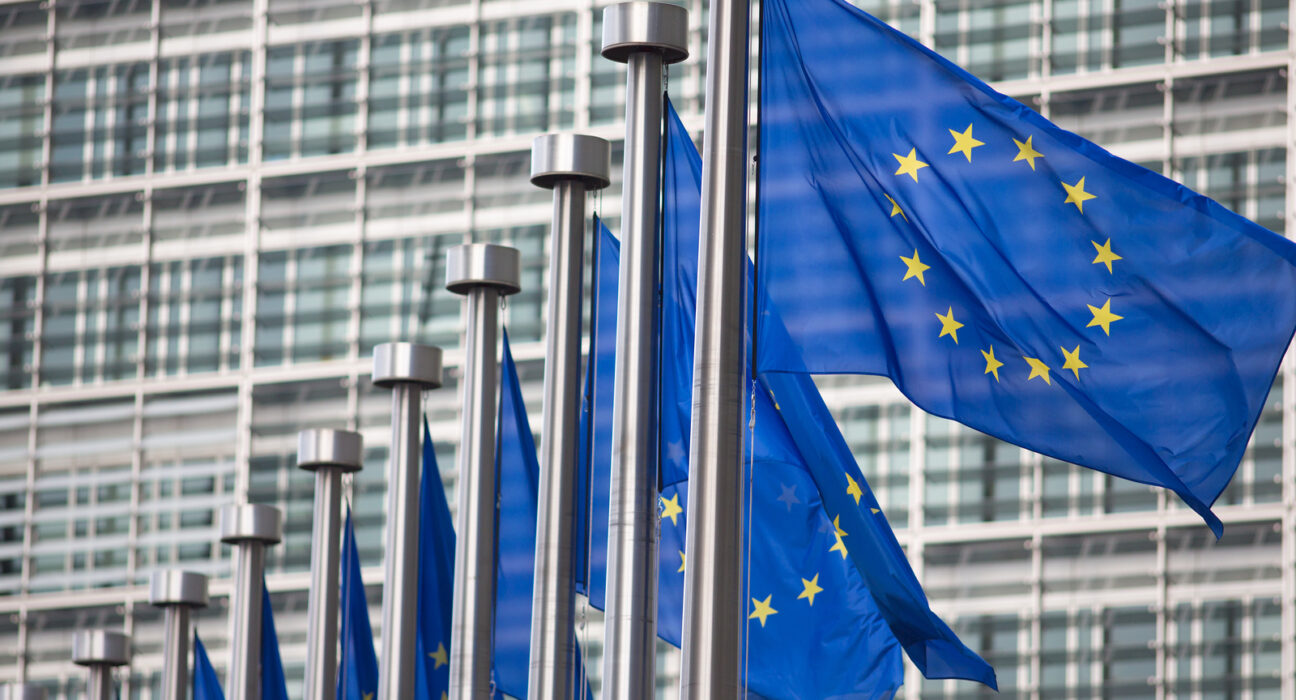In a significant development, the European Union (EU) and Israel have reached an agreement to provide “substantial
” aid access for Gaza following weeks of intense pressure. This collaboration marks a crucial step towards supporting the reconstruction and stabilization efforts in the region.
The EU’s commitment to aiding Gaza underscores its dedication to alleviating the humanitarian crisis and promoting peace in the conflict-affected area. By working closely with Israel, both parties aim to address the urgent needs of the people in Gaza and facilitate long-term recovery efforts.
As part of this cooperation, European allies are intensifying their plans to establish a stabilisation force in post-war Ukraine. This initiative reflects their shared commitment to enhancing security and promoting stability in regions affected by conflict.
Expert analysis suggests that this partnership between the EU and Israel not only demonstrates a united front in addressing pressing global challenges but also highlights the importance of international cooperation in fostering peace and prosperity. By pooling resources and expertise, these allies can maximize their impact and effectively support communities grappling with the aftermath of conflicts.
One expert remarked on the significance of such collaborations, stating, “
Joint efforts between international partners are essential for achieving meaningful progress in post-conflict reconstruction.” This sentiment emphasizes how coordinated actions can lead to more sustainable outcomes for regions facing complex challenges like those seen in Gaza and Ukraine.
The agreement between the EU and Israel signifies a diplomatic breakthrough that has been welcomed by many as a positive step towards rebuilding trust and promoting dialogue among nations. It serves as a testament to how diplomacy, negotiation, and compromise can pave the way for constructive solutions even in seemingly entrenched conflicts.
With ongoing discussions focused on further enhancing aid access for Gaza, both sides are committed to navigating potential obstacles and ensuring that assistance reaches those most in need. The collaborative spirit exhibited by these alliances sets a precedent for future partnerships aimed at addressing global crises with compassion, solidarity, and determination.
In conclusion, the EU-Israel agreement marks a turning point in international efforts to support regions affected by conflict. Through joint initiatives like these, countries can demonstrate their unwavering commitment to building a more peaceful world based on mutual respect, understanding, and support.

